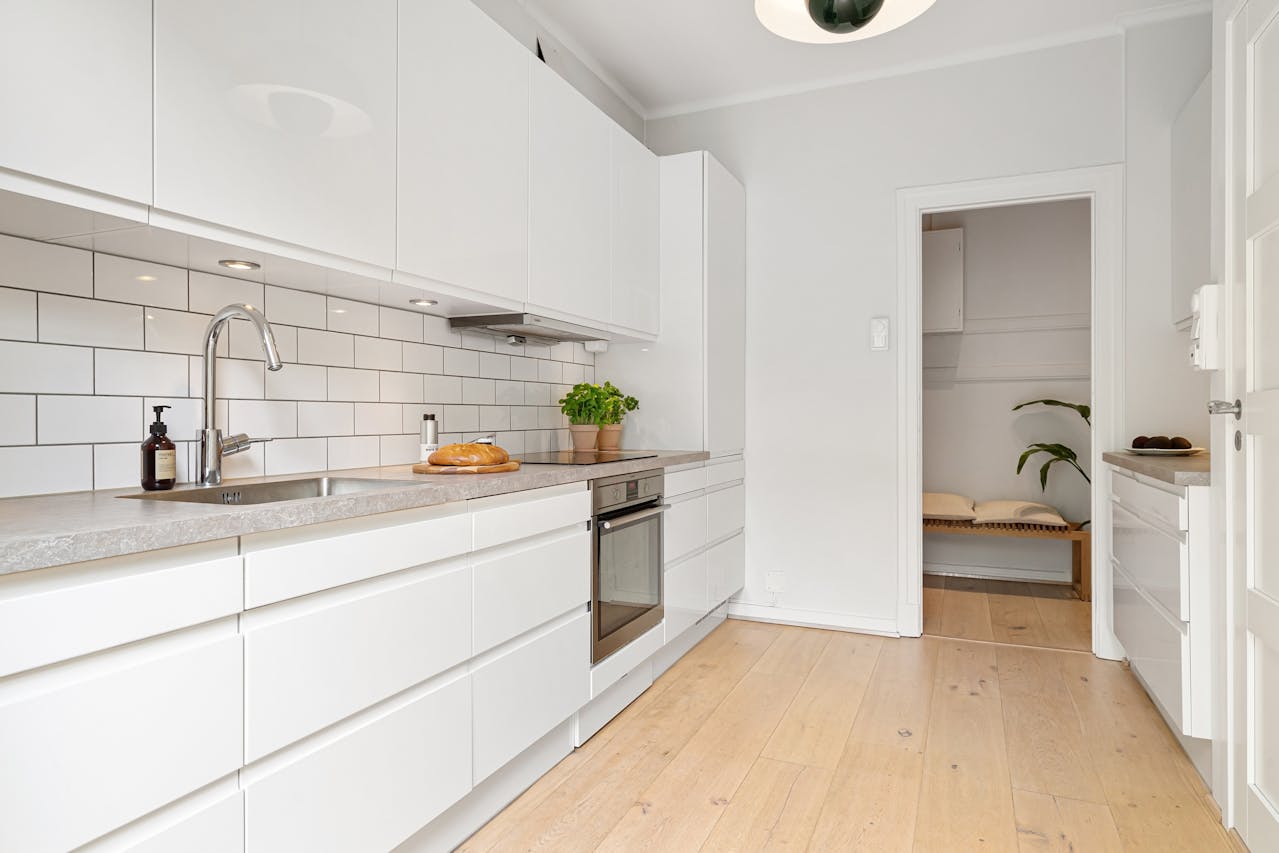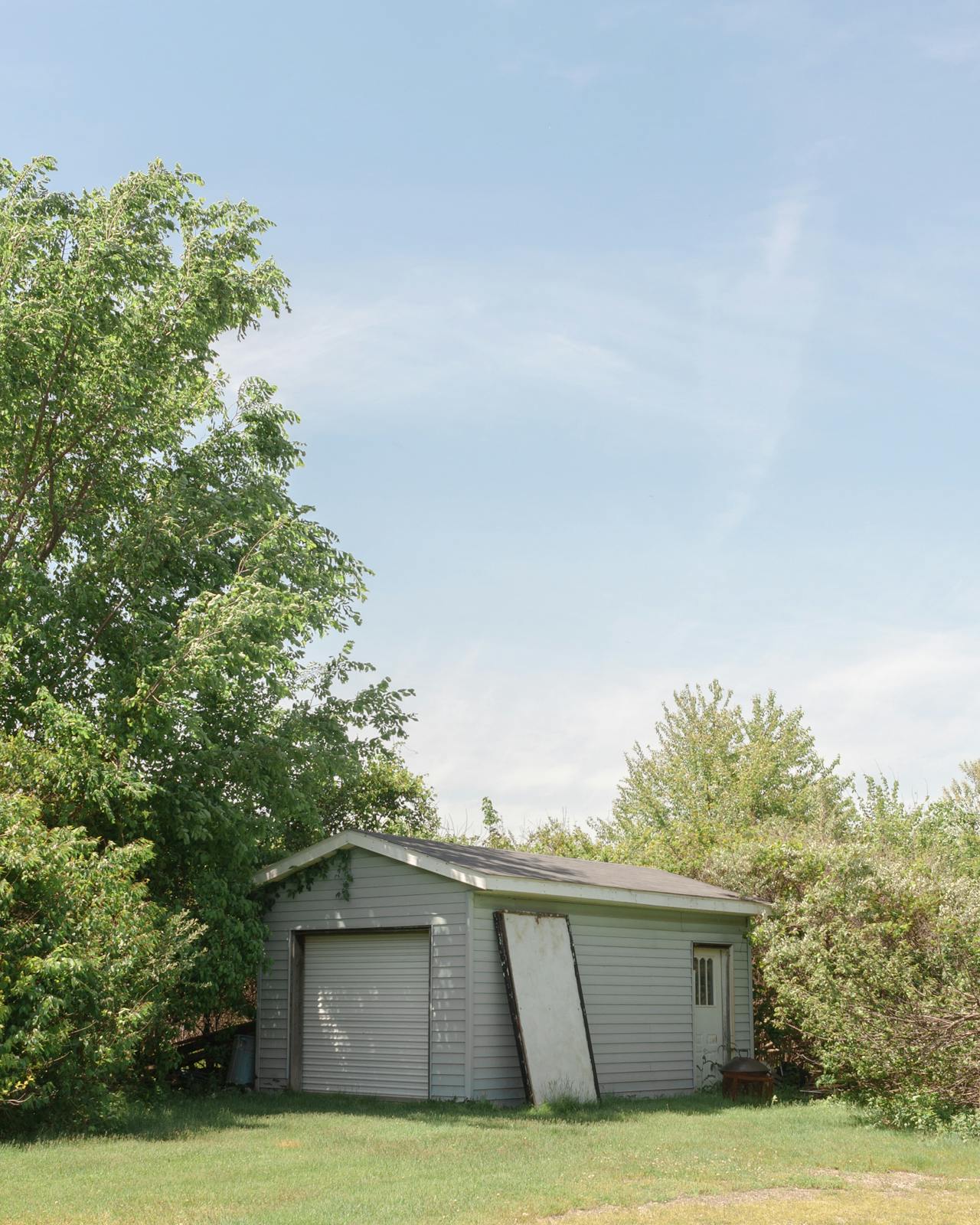Quartz, the semi-natural engineered countertop material, is everywhere. You see it in Better Home and Garden, Martha Stewart, and blogs everywhere.
Everyone’s using it!
But there must be a downside, right? Surely every kitchen in the world is not switching to quartz? In this blog, we’ll focus on the negatives that come with quartz. That’s not to say that Quartz isn’t a great option — the reason for this blog is that there is so much information on the positives, and not much about the negatives. Hopefully this helps you make an informed decision.
What are the Downsides of Quartz Countertops?
Limited Heat Resistance
For this section, we talked to William Brader of Veteran Grains, the leading kitchen remodeler in Allentown, PA. He fields inquiries about quartz countertops frequently, and here’s what he had to say.
“Quartz countertops are vulnerable to heat damage,” said Brader. “[Quartz countertops] are durable, but not entirely heat-resistant. Quartz is an engineered material made by combining natural quartz crystals with resin and pigments. This resin, which binds the material together, can start to warp or discolor when exposed to high temperatures, typically above 150°F. So if you think that getting rid of your old laminate and upgrading to quartz will save you from the hot pads, you’re wrong there.”
Placing a hot pan or pot directly on a quartz surface can leave burn marks or cause cracking. If you cook a lot and use countertops as landing spots for cookware, you’ll need to get used to putting the hot pots somewhere else.”
Susceptibility to Discoloration
Although quartz is often touted as being stain-resistant, it is not immune to discoloration. Everyday substances such as coffee, wine, or oils can leave marks on the surface if not cleaned promptly. Quartz countertops are particularly prone to discoloration when exposed to prolonged UV rays.
For kitchens or outdoor areas with direct sunlight, quartz may fade or develop yellowish tints over time. This sensitivity to UV light makes quartz a less ideal choice for spaces where sunlight exposure is unavoidable. Comparatively, materials like granite or porcelain often hold up better in sunny environments.
High Cost Compared to Alternatives
Quartz countertops tend to fall on the higher end of the pricing spectrum, making cost another potential drawback. According to a 2023 cost analysis, the average price of quartz countertops ranges between $50 and $150 per square foot, including installation.
For comparison, laminate countertops start at about $20 per square foot, while granite can range between $40 and $100 per square foot. While quartz offers durability and a polished aesthetic, its cost can be a barrier for homeowners working with tight renovation budgets.
Moreover, repairs for quartz can also be expensive. Unlike natural stone, quartz is challenging to repair if it chips or cracks. Homeowners may need to replace entire sections of the countertop, adding to the overall cost of ownership.
Mimics, But Doesn’t Replicate, the Look of Stone
Quartz countertops are designed to mimic the appearance of natural stone, but for some homeowners, they may fall short in replicating the unique veining and patterns found in materials like marble or granite. Quartz patterns are engineered, which can result in a more uniform and sometimes artificial look.
While many appreciate quartz for its consistency, others may find the lack of natural variation less appealing. If you’re seeking a countertop with a one-of-a-kind aesthetic or a truly organic feel, materials like granite or marble may be a better fit.
Not Great for Outdoor Use
Another limitation of quartz countertops is their unsuitability for outdoor applications. The resins used in quartz manufacturing can degrade when exposed to UV rays, causing discoloration and even structural weakening. For this reason, quartz is generally not recommended for outdoor kitchens, barbecue areas, or patio surfaces.
Homeowners looking for a durable outdoor option may want to consider alternatives like concrete, stainless steel, or certain types of granite that are better equipped to handle the elements.
Weight and Installation Challenges
Quartz countertops are heavy, which can complicate the installation process and increase costs. The weight of quartz requires sturdy cabinetry for support, and in some cases, additional structural reinforcement may be necessary. This can add to the expense and time involved in a kitchen or bathroom renovation.
Additionally, because quartz is an engineered material, it requires precise fabrication and professional installation. Attempting to cut or modify quartz without the right tools can result in cracking or damage, leaving little room for DIY flexibility.
Maintenance Misconceptions
While quartz is often marketed as a low-maintenance material, it still requires proper care to maintain its appearance. Abrasive cleaners and scrubbing pads can damage the surface, and harsh chemicals like bleach may dull its finish over time.
Homeowners must also be mindful of what they place on quartz countertops. Items like metal knives, heavy cookware, or acidic substances can scratch or etch the surface. For those seeking a truly worry-free option, materials like soapstone or laminate may require less vigilance.
Is Quartz Worth It?
Quartz countertops are a great choice for their durability, modern look, and relatively low maintenance. But they are not without downsides. For homeowners who prioritize heat resistance, natural aesthetics, or outdoor functionality, quartz may not be the best fit.
However, for those who appreciate a modern, polished look and are willing to take precautions to protect the surface, quartz can still be a great option. By understanding the limitations of quartz countertops, you can make an informed decision that suits both your needs and your budget.
If you’re considering quartz for your next renovation, be sure to weigh these potential drawbacks against its many benefits, and don’t hesitate to consult with a professional to determine if it’s the right material for your home. Sources like Angi and Forbes Home provide valuable insights into countertop materials, helping you make the best decision for your space.

